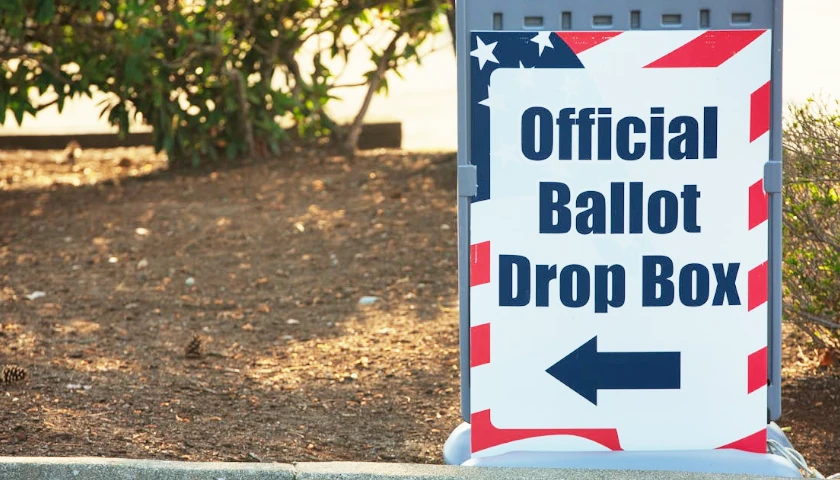The Ohio Secretary of State‘s office has certified that the additional signatures submitted by a coalition of marijuana legalization activists who want to legalize the possession, purchase, and sale of marijuana by Ohio residents aged 21 and older qualifies them for the November ballot.
The proposed initiative submitted by The Coalition to Regulate Marijuana Like Alcohol aims to impose a 10 percent tax on the sale of all cannabis products, permit adults to grow up to six plants per person or 12 per household, and legalize the possession, purchase, and sale of marijuana by Ohio residents aged 21 and older.
The activists needed to gather over 124,046 signatures by July 5th in order to qualify for this November’s ballot. The group submitted 222,198 signatures to the Secretary of State’s office before the deadline; however, the Secretary of State’s office ruled that only 123,367 were valid signatures.
Although the measure fell short, they had 10 additional days to get the few hundred valid signatures needed to put them over the top and refile to get on the November ballot. The coalition turned in 6,545 additional signatures earlier this month to the Secretary of State’s office in an attempt to get them over the top.
According to Ohio Secretary of State Frank LaRose, the coalition turned in 4,405 additional valid signatures when they only needed 679 therefore the initiative qualified for the November ballot.
“The petitioners filed a sufficient number of valid signatures and satisfied the requirements. Therefore, in the absence of judicial direction to the contrary. I will direct the boards of elections to place the proposed law on the November 7, 2023, General Election ballot,” LaRose said.
The next step is to bring the amendment before the Ohio Ballot Board so that it may decide what text will appear on the ballot when people vote on the proposal this autumn. When that might occur is still unknown.
This is a proposed law, not a change to the Constitution. State legislators can amend or abolish laws, including ones that voters enacted, but only a superseding amendment that the general public has adopted can change or repeal constitutional amendments.
A coalition of Ohio leaders across children’s health care, business, veterans, and law enforcement institutions has already formed in opposition to the proposed law. According to the group, this amendment is bringing new risks and costs to employers just so individuals can have access to marijuana whenever they please.
“Expanding access to this addictive drug brings even more risks to Ohioans, especially for employers who prioritize a safe workplace but already struggle to find workers who can pass a drug test. Is bringing new risks and costs to employers really worth it just so some people can use marijuana whenever they want? This is bad for Ohio’s families, workers, and economy,” Angela Phillips, CEO of Phillips Tube Group and a Steering Committee member of the coalition against Ohio marijuana legalization said.
According to the Drug Enforcement Administration (DEA), marijuana is a mind-altering (psychoactive) drug produced by the Cannabis sativa plant.
A study released by The Recovery Center in October 2012 found that individuals treated for marijuana addiction had a higher mortality rate than those with diagnoses related to cocaine or alcohol but lower than those with methamphetamine or opioid-related disorders.
As previously reported by The Ohio Star Republican officials such as Senate President Matt Huffman (R-Lima) and Governor Mike DeWine have stated that they oppose the drug’s recreational use and are instead focusing on improving Ohio’s medical marijuana program. The Republican Study Committee (RSC), a 156-member GOP House Caucus agrees saying that Congress should not legalize marijuana due to the dangers caused by the drug.
– – –
Hannah Poling is a lead reporter at The Ohio Star, The Star News Network, and The Arizona Sun Times. Follow Hannah on Twitter @HannahPoling1. Email tips to [email protected].
Photo “Cannabis Dispensary” by My 420 Tours CC4.0.





